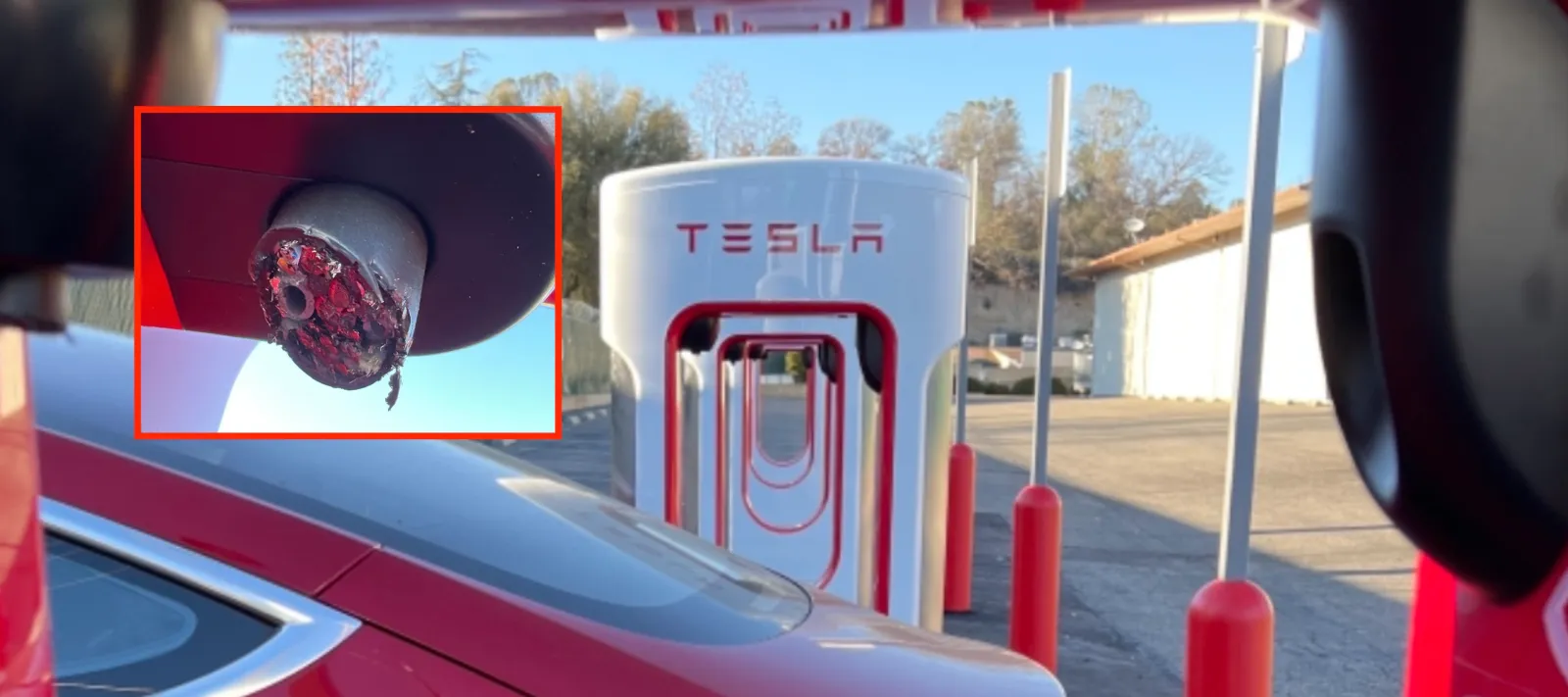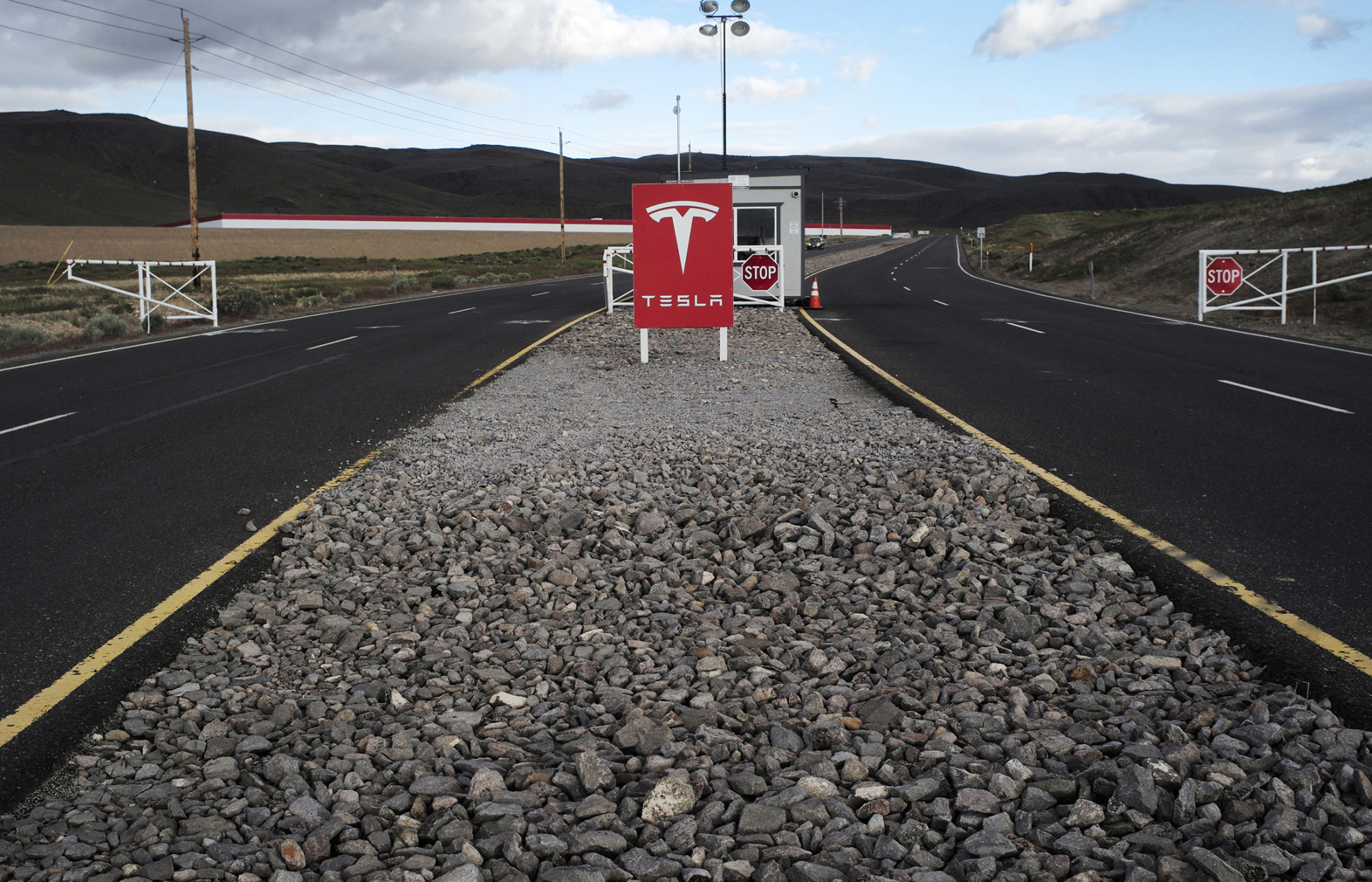In the technological heartland of California’s Bay Area, a troubling trend has emerged: thieves targeting Tesla and other electric vehicle (EV) charging stations, aiming to harvest the copper from within the cables. This recent rash of thefts underscores a persistent and growing challenge not just for car owners but for the broader security of the nation’s critical infrastructure.

A Costly Crime Spree Hits Home
In what appeared to be a meticulously timed operation, cables were severed from nine Tesla supercharging stations, causing significant stress among EV drivers and potentially racking up repair costs into the tens of thousands. According to a report by NBC Bay Area, these incidents are part of a larger issue plaguing the United States, where copper theft is recognized by the Department of Energy as causing approximately $1 billion in annual losses.
“The damage was discovered early in the morning, right after Mother’s Day,” said Josh Beckler, a Vallejo resident and ex-Marine who was among the first to discover the damage. Beckler, who has experience in security from his days as an investigator for a major home improvement retailer, noted the thieves likely couldn’t transport more than the 20 cables they had cut due to the weight. “It’s clear that these crimes were committed out of desperation for quick cash,” Beckler added, reflecting on the broader social issues at play.
Thieves are now stealing wires from Tesla charging stations to sell the copper inside. The cost of the fast charger is $40,000, but they only make $20 from the theft.pic.twitter.com/BUU5l5INxx
— Total Randomness (@Totalrandome) May 14, 2024
Vallejo police were alerted to the destruction on Sunday morning, but this was not the first instance of such thefts. “This has happened before, and it’s time to consider more robust security measures, maybe even installing gates,” suggested John Brown III, another affected local resident.
Beyond the Bay: A Nationwide Issue
The problem, however, stretches far beyond the Bay Area. Similar incidents have been reported in other states, including Texas and Minnesota, highlighting a national security vulnerability. The thieves target these facilities because of the valuable copper inside, which is often sold for scrap.

Tesla’s response has been swift and effective, with their technicians restoring functionality to the impacted stations within a day. But the recurring nature of these thefts suggests that more preventive measures are necessary. “While our team is skilled at making repairs quickly, the real solution lies in preventing these thefts from occurring in the first place,” a Tesla spokesperson stated.
Securing the Network: Challenges and Solutions
As EV adoption grows, the reliance on supercharging stations becomes more critical, making them prime targets for such thefts. The copper in these cables, essential for their high conductivity and efficiency in transmitting power, makes them particularly appealing to thieves.

To combat this, experts suggest increasing surveillance and physical security at charging stations. “Installing more robust security measures like surveillance cameras, better lighting, and even physical barriers could help,” explained Beckler. Additionally, technology such as alarm systems that alert authorities to tampering could serve as a deterrent.
Copper Theft at Tesla Stations Threatens Infrastructure
The theft of copper cables from Tesla’s supercharging stations is more than just an inconvenience—it’s a signal of a larger issue affecting both the EV community and the security of the nation’s energy infrastructure. As we advance further into an electrified future, safeguarding these vital resources will become paramount. Only through combined efforts in security technology, community vigilance, and potentially more stringent legal penalties can this emerging threat be effectively managed.










